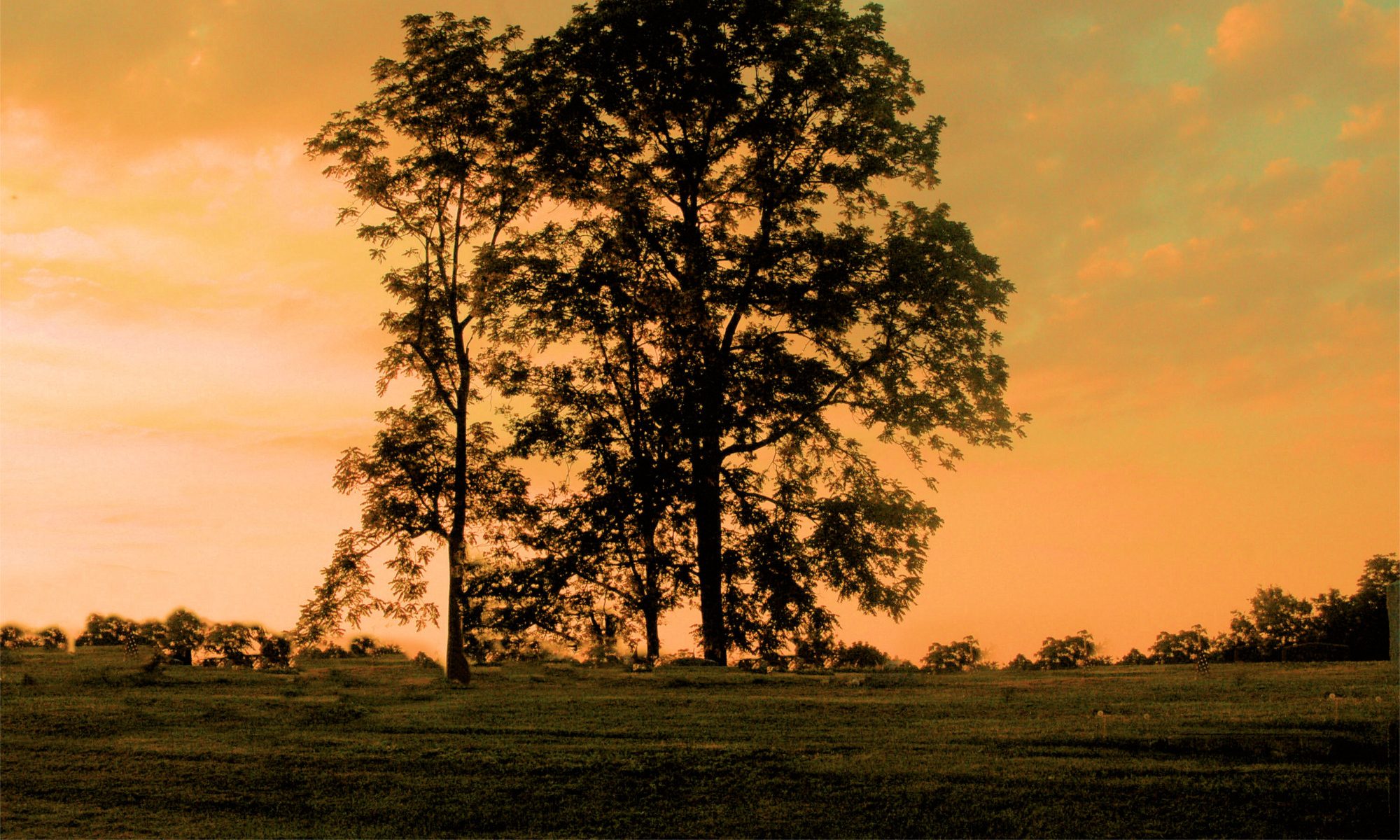I was recently working on my family tree and ran across a gentleman who had been married twice, but I was having trouble finding any record of the second marriage.
The first marriage I had a record for was in 1854 but the second one I did not. Based upon records of the children and the US Census, I knew that first marriage was short because another wife was on the 1860 census and birth records listed someone other than the first wife for the child born in 1861. The first marriage took place in Cumberland Co., NJ, the census was from Gloucester Co., NJ (a neighboring county) and the child born in 1861 was also in Gloucester Co. I was having trouble finding a record of that second marriage, however. But then I did find it – in Philadelphia County, PA – also a neighboring county!
When doing genealogy, it is very easy to get so caught up in “my family is from New Jersey”, that we forget about those pesky state lines that can be very close to home. As a researcher in another part of the country, it is easy to not realize how close another state may be. For example, I live in Ohio but work in Kentucky. My daughter who lives with me works in Indiana. A couple of years ago, my son, who lives in Utah, flew home with his fiancée to be married here but the actual ceremony was in Indianapolis, IN. What will his descendants think of that??! [Trivia question: What is the only US state that borders only one other state? See answer below]
Now, if we keep in mind the time period and history, it helps with providing clues to where our ancestors may have wandered off to. In the 1800’s we know they weren’t flying across the country so I wouldn’t have expected to find people living in New Jersey getting married in Hawaii, for example. If they lived in the middle of the state, chances are greater they would have been married in that state. But where was the spouse born? Did they go “home” to her family to get married in a neighboring state perhaps? Or what about his job? At a time when most people were farmers, there were still plenty of people traveling about the county. Another ancestor of mine worked for the railroad and, even though he lived in Iowa, he met his bride while working in Ohio where they married but then he took her home to Iowa where they lived for the rest of their lives. Further back, as the country was just starting to grow, there was a great migration from the New England states as people realized how much land was available out West. There was also a shortage of churches and ministers in the early 1800’s rural America and sometimes the young couple had to ride over to the parson’s house, which may have been across a county or state line. In the 20th century, many people moved from rural areas to the cities for work. Both my parents came from other states to Ohio for jobs as did my father-in-law before World War II. The same thing applies to cemeteries or other events in a person’s life.
So, if you just can’t find that record you know must exist, open up a map, widen your search, and see if they may have just gone down the road a piece!
[Trivia Answer: Maine shares a state border with New Hampshire only. FYI: The states that share the most borders with other states are Tennessee and Missouri, each of which border eight states.]

We all remember when there was NO internet, don t we? and most of us remember when there were no computers, so, even if you go to all the trouble of saving your hard earned research using modern technology, who is to say it will always be there? Print a hard copy and keep it safe for future generations. just a suggestion